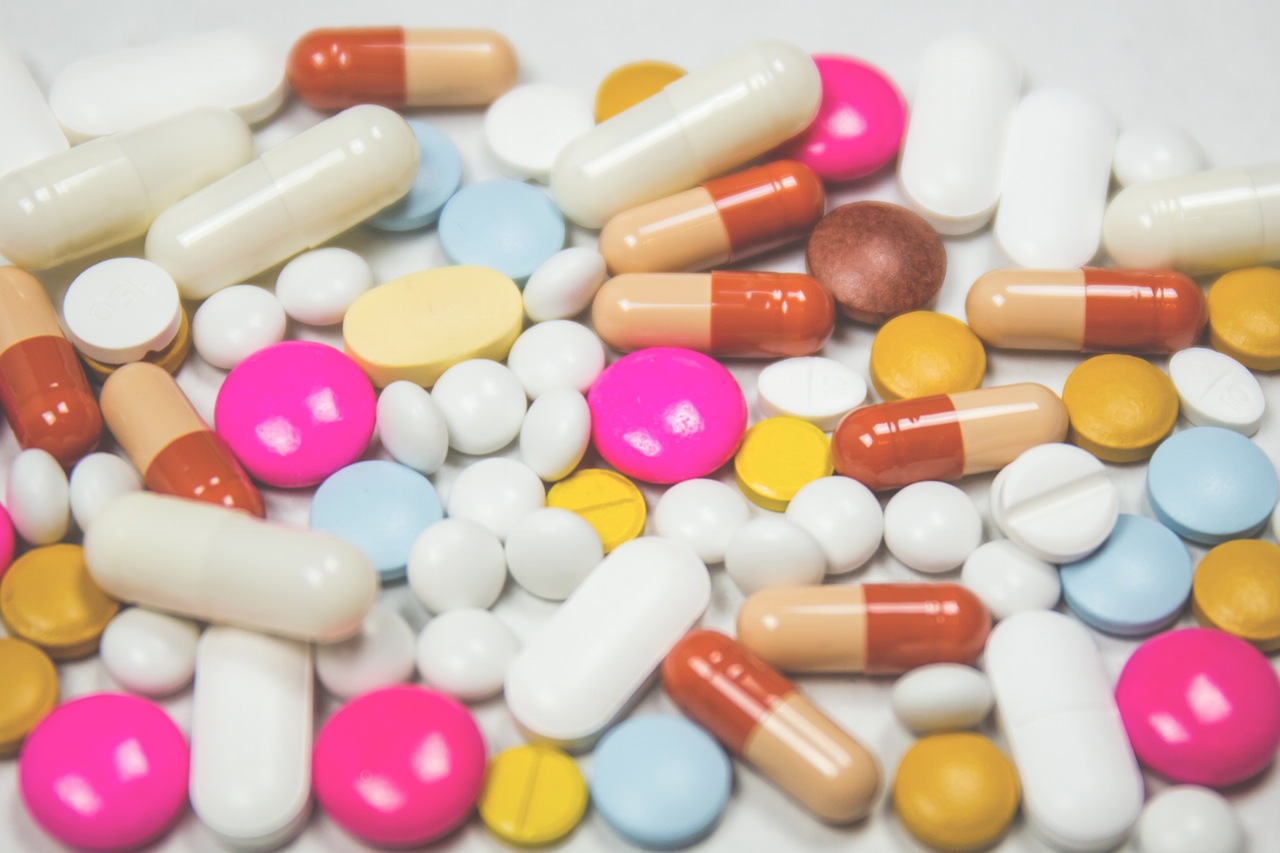Pharmaceutical translation is a unique field in the translation services industry. Even the most experienced professional translators know that the stakes are the highest in this industry. Any mistake, misunderstanding or cultural oversight, may lead to huge financial losses, lawsuits or loss of consumer trust, or worse, illness or death.
We’re not trying to be dramatic. We love our job. And we are more than capable of handling translation project like these. But we know the translation business isn’t popular or simple. So we try to paint a picture of our work.
A translators job isn’t as simple as sitting down with the source document, thinking about the translated words or phrases, and then typing it. We use software to keep track of common and complex terms, automatic and manual revisions, and we check for inconsistencies. All of it, to make sure we don’t misspell a substance’s name.

NPR reports of a man in the 80’s who ended up quadriplegic because of a bad translation:
In 1980, Ramirez was taken to a South Florida hospital in a coma, says Helen Eby, a certified medical interpreter in Oregon. “His family apparently used the word ‘intoxicado’ to talk about this person,” she says. “Well, ‘intoxicado’ in Spanish just means that you ingested something. It could be food; it could be a drug; it could be anything that has made you sick.”
The family thought something Ramirez had eaten might have caused his symptoms. But the interpreter translated their Spanish as “intoxicated.”
“So the doctor immediately made a diagnosis of drug overdose,” Eby says. A couple of days later, the health team figured out that Ramirez’s problem was actually bleeding in his brain. But by then he’d suffered lasting damage. “The guy ended up quadriplegic,” Eby says.
There are other examples, like an experiment BMJ did to test the accuracy of Google Translate for medical terms. The results were amusing, to say the least.
In Polish “Your husband has the opportunity to donate his organs” translated to “Your husband can donate his tools.” In Marathi “Your husband had a cardiac arrest” translated to “Your husband had an imprisonment of heart.” “Your wife needs to be ventilated” in Bengali translated to “Your wife wind movement needed.”
What Kind of Documents are Pharmaceutical Translations
The most common documents we translate for the pharmaceutial industry are drug trials, patents and recipes. But there are many other important documents that are part of this fascinating industry:
- Packaging Tet
- Label Text
- Brochures
- Informed Constent Forms
- Case Reports
- Training Documents
- Instructions
- Intranet Websites
- Books and Reports
To add to the complexity of the translating process, the translator must understand the regulations of the drug market in the target country. Every country has different regulations when it comes to developing, marketing, and producing drugs.
It is a wonderful job though. To know that the work we do will help someone read the instructions to a drug that may alleviate pain, or cure a disease. We love what we do because translating helps people.
Leave a Reply